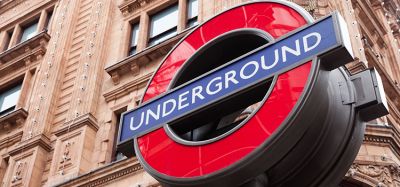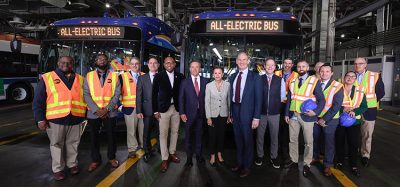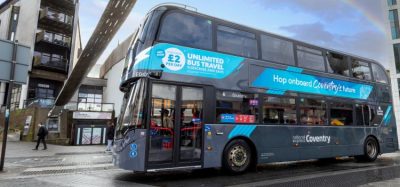Bristol gets first bio-gas bus powered by rotting food
- Like
- Digg
- Del
- Tumblr
- VKontakte
- Buffer
- Love This
- Odnoklassniki
- Meneame
- Blogger
- Amazon
- Yahoo Mail
- Gmail
- AOL
- Newsvine
- HackerNews
- Evernote
- MySpace
- Mail.ru
- Viadeo
- Line
- Comments
- Yummly
- SMS
- Viber
- Telegram
- Subscribe
- Skype
- Facebook Messenger
- Kakao
- LiveJournal
- Yammer
- Edgar
- Fintel
- Mix
- Instapaper
- Copy Link
Posted: 11 August 2017 | Intelligent Transport | No comments yet
From August 2017, the people of Bristol will be able to catch a bus powered by bio methane, a renewable gas created from food scraps.
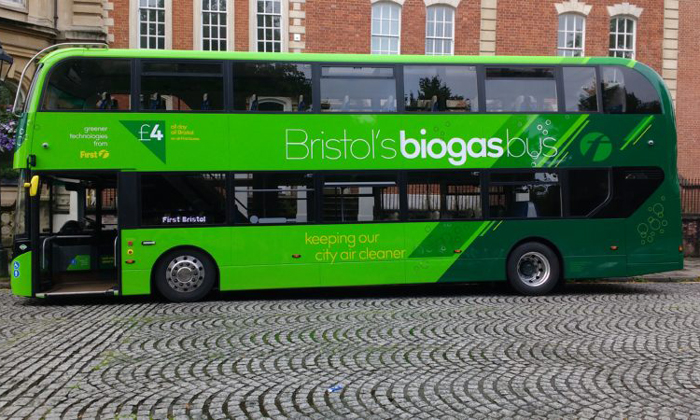

From August 2017, the people of Bristol will be able to catch a bus powered by bio methane, a renewable gas created from food scraps (credit: B24/7)
From August 2017, the people of Bristol will be able to catch a new kind of bus – a double-decker that’s powered by bio methane, a renewable gas created from food scraps.
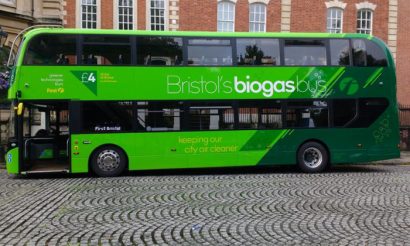

Credit: Bristol 24/7
Local bus operator First West of England will use the double-decker, which is rated as the best low-emission double decker bus currently on the market, as a pathfinder.
This will assess how well the new bus copes with the demands of city-wide operations in Bristol and how it impacts, for example, refuelling and maintenance operations.
“This bio-gas bus helps to improve local air quality”
“We are immensely proud to bring this premium double-decker to Bristol so soon after the manufacturers offered it to the market. Its low emissions and bio-gas credentials are just what is needed in a city that is faced with air quality challenges and increased congestion,” said James Freeman, Managing Director of First West of England. “This bio-gas bus helps to improve local air quality as it produces fewer emissions than traditional diesel engines.”
The environmental credentials are impressive: Using bio methane, the bus’s greenhouse gas emissions are 84% cleaner than a Euro 5 Diesel on a well-to-wheel basis. Perhaps surprisingly considering its size and passenger capacity, its tailpipe emissions are lower than many modern Euro 6 diesel passenger cars.
The biogas bus also uses a different engine, which results in a quieter and improved journey experience for passengers. Further improvements are two desks on the upper desk and no grabrails, giving a more spacious feel.
“The future and health of Bristol depends on exploring low-emission technology”
“I’m delighted to support the launch of the first double-decker bus using biogas here in Bristol. It’s a testament to our good partnership with First that we were chosen to be the first place in the UK to test this particular type of innovative bus technology,” added Counsellor Mhairi Threlfall, Cabinet Member for Transport. “The future and health of Bristol depends on exploring low-emission technology and investments like this will help make real progress towards our air pollution targets.”
The bus has 70 seats, a wheelchair space and standing room for 13 and glass windows next to its staircase, allowing a lot more daylight to enter the vehicle.
Related topics
Air Quality, Transport Governance & Policy
Related modes
Bus & Coach
Related organisations
First Bus




